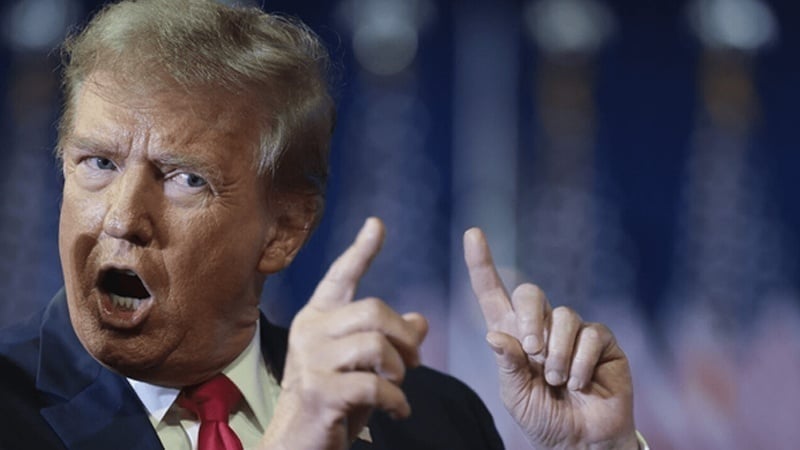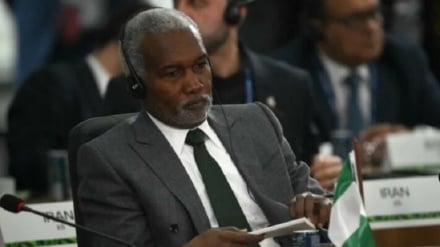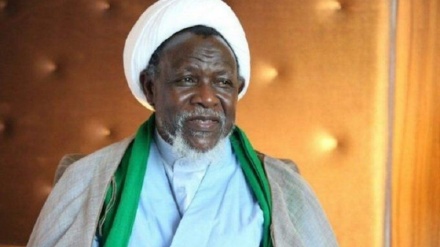Foreign Policy: Why is Trump suddenly talking about attacking Nigeria?
-

US President, Donald Trump
Pars Today – From U.S. right-wing media to official Trump administration agencies, Nigeria has gradually become a hot topic in Washington’s foreign policy.
Foreign Policy, in a recent analysis, examined the emergence of this threat and its potential consequences, which could lead to a costly military intervention. According to Pars Today, citing Fars News, the latest Foreign Policy analysis focused on one of U.S. President Donald Trump’s most controversial recent statements: his implicit proposal for a military strike on Nigeria under the pretext of protecting Christians.
Written by Nigerian author and linguist Kola Tubosun, the analysis warned of the catastrophic consequences of any potential U.S. military intervention in Nigeria, noting that Trump had suggested the “need to attack Nigeria” to defend Christians. Tubosun described this stance as disastrous, emphasizing that Nigeria is a country with deep ethnic, religious, and political divisions, and such action could further inflame the crisis.
Nigeria: From media margins to policy center
According to Tubosun, the anti-Nigeria campaign in the U.S. gradually developed in right-wing media and over the past year became a central topic in public discourse, even influencing liberal circles and eventually shaping official Trump administration policy.
He noted that on October 31, Trump ordered Nigeria to be placed on the list of “countries of major concern” and prepared plans for potential military action if deemed necessary.
Official narrative vs. complex reality
The U.S. government claims that Nigeria has failed to protect Christians from “bandits, terrorists, and destabilizing forces.” However, Tubosun considers this narrative shallow and inaccurate, pointing out that violence in Nigeria does not only target Christians—Muslims and other groups are also victims. He highlights Nigeria as Africa’s largest democracy, with a complex mix of ethnicities and religions: the north is predominantly Muslim, the south mainly Christian, and central regions have diverse populations of Muslims, Christians, and followers of traditional religions. Despite relative coexistence, the country faces serious threats such as the Boko Haram insurgency, which has carried out armed attacks for over a decade, including the 2014 abduction of more than 270 schoolgirls in the northeast.
Roots of the crisis: Beyond religion
Tubosun’s analysis shows that Nigeria’s crisis runs deeper than religious differences. Key factors include the history of northern military dominance, widespread corruption, poverty, conflicts over oil resources in the Niger Delta, and the suppression of youth protests in 2020. He also highlights the role of climate change, which has intensified clashes between Fulani herders and farmers, exacerbated by droughts and pasture degradation.
Warning against foreign intervention
The analysis stresses that any U.S. military intervention would not resolve the crisis but would likely worsen it. Extremists target not only Christians but also moderate Muslims. Attacks such as the one in Barkin Ladi, Plateau State, which killed 13 Christians, and the persecution of followers of traditional religions in Kwara State, illustrate this danger.
In conclusion, Tubosun notes that Nigeria, with a population of around 240 million “brought together by British colonial rule,” has maintained unity through military strength but requires deep domestic solutions to navigate its crises—not foreign military adventurism, which would only deepen existing divisions and conflicts.


